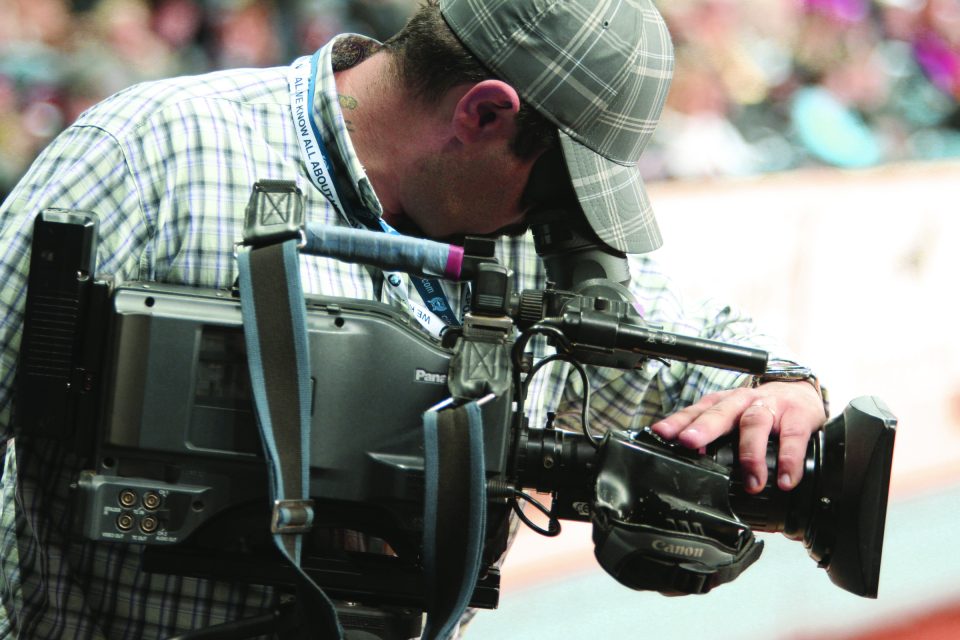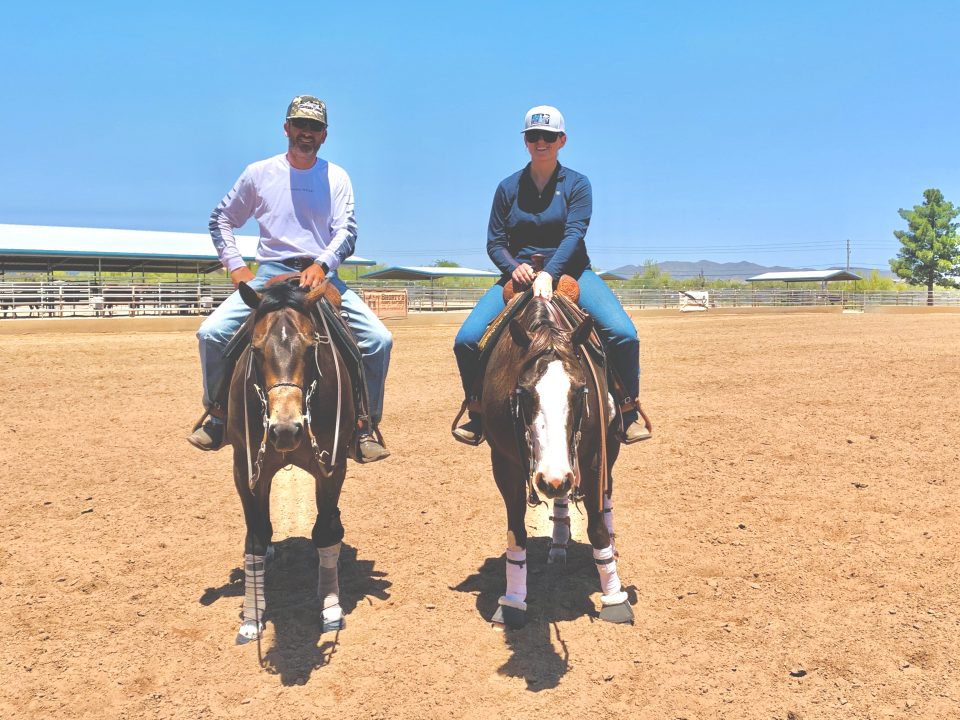How to handle the wide variety of moods your non pros might have while competing.
By Megan Arszman

Working with a non pro isn’t necessarily an easy task, especially when it’s also with a horse. The title “non pro” can run the gamut of almost every level of rider imaginable. There’s the non pro who has an excess of $500,000 in lifetime earnings and has been competing for years on aged-event horses. Then there’s the non pro who just started out in reining and can barely
remember a pattern, but they’re enjoying their horses and their time in the saddle. Some non pros want to be competitive every time out and add to their collection of bronzes; some non pros might just want the experience and don’t concern themselves with the “winning is everything” mentality.
Because of the vast difference in experience and passion for competition in the non pro ranks, you’ll probably run into a few different personas of the non pro in your professional career. And how you deal with the multiple personalities of a non pro can make or break your own career.
In this series, we’ll cover six common types of non pros, and the best advice for giving them a memorable, positive experience at the Futurity and any horse show, provided by veteran NRHA Professionals Carol Metcalf, Sam Smith, and Robin Schoeller.
PART 2: FATHER/MOTHER/SPOUSE WITH GOOD INTENTIONS
PART 5: WAY-TOO-BIG-DREAMS DARCY
POOR-LOSER LARRY
Coming into the show, Larry felt he had the horse to beat, but a trot out of his first rollback hurt him to the point that he doesn’t earn a check. Feeling defeated, Larry throws his reins at a groom and starts yelling at anyone in the aisles, claiming he wants to sell his horse and blaming others for what most likely was his mistake. This show of poor attitude is starting to affect everyone in the barn.
SOLUTION: “If things don’t go right, we have a rule in our barn. It’s the 15-Minute Rule: You can scream, cry, jump up and down, do whatever you want for 15 minutes, but at the end of the 15 minutes you have to take it somewhere else,” says Metcalf.
A poor attitude like Larry’s can be contagious, and it can be worse than the Congress Crud. You don’t want it to fester and breed more sore losers, or increase the pressure already mounting on everyone’s shoulders getting ready to compete. Consider taking Larry out of the barn and discuss what might have been the problem. Offer to review his ride with him one-on-one later that night, after he’s cooled off some. Remind him he has the consolation round and that he needs to be done with this ride and move on.
“I’m unwilling to hear about it for days,” says Metcalf. “If they want to go somewhere else and talk about it and whatever, that’s great. But if they’re going to be around us, and around the barn and people, they have 15 minutes. Nobody enjoys a poor loser. There’s no participation trophy; it’s learn from this and go to the next one.”
Learn about the many other personality types and how to help them get the most out of their show by clicking the links at the beginning of this article.



